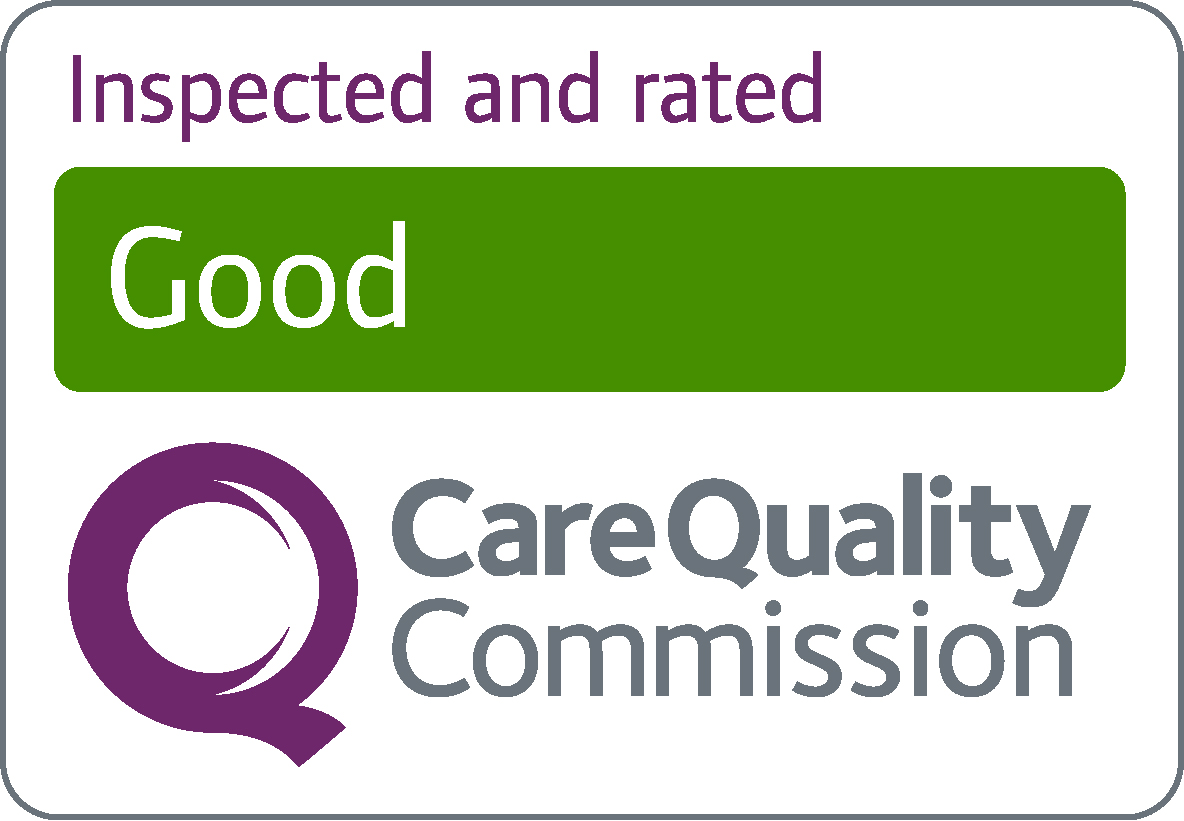Chief Medical Officer’s blog
Date of release: 9 October 2023

For my latest blog, I want to shine a spotlight on the role of Physician Associates or PAs, who might not share the same profile in the public’s eye as Doctors and Nurses but who fulfil a vital role.
These are healthcare professionals who work as part of a multidisciplinary team under the supervision of a senior Doctor (a General Medical Council (GMC)-registered consultant or GP).
Although the profession is still considered relatively new in the UK, the first PAs were formally introduced in 2003.
The role of Physician Assistant – than Associate – was first developed in the United States in the 1960s, and equivalent or similar roles exist in many healthcare systems around the world.
The presence of PAs increases the numbers of the healthcare workforce and improves access to quality care for patients.
While they are not medical Doctors, PAs can take histories, perform examinations, formulate diagnoses, and create management plans.
They are also trained to complete diagnostic and therapeutic interventions, but unable to prescribe medication or order ionising radiation such as X-rays.
A group of RWT's Physician Associates, who are looking forward to Physicians Week this week
To be accepted on to a PA course, students must have completed a Bachelor’s degree, usually in a life science field – biomedical science or a health-related science degree.
Most programmes require at least a 2:1 Honours degree alongside prior relevant health or social care experience.
Students must then undertake an intense two-year PgDip/Masters level training programme comprising theory and placement, completing a minimum of 1,400 hours of clinical practice.
After completing a PA programme, all candidates must then pass the PA National Examination, which is delivered by the Royal College of Physicians Assessment Unit, to be able to register as a PA in the UK.
The GMC will regulate PAs in 2024 but in the interim, they are expected to join the PA Managed Voluntary Register (PAMVR), proof of which is required by employers.
To remain on the register, PAs must work within their scope of practice and follow the code of conduct.
PAs were first employed at The Royal Wolverhampton Trust (RWT) at the end of 2018, with a total of 30 working across 10 different specialities.
During the current challenging climate where Junior Doctors and Consultants have been taking industrial action, PAs continue to work clinically throughout this period to support services, while recognising and respecting their colleagues’ right to strike.
One PA told me: “I have a background in Nursing and the PA role has allowed me to expand my clinical and non-clinical skills and to gain more of an in depth understanding of many medical conditions and how to manage them.
“It has given me the opportunity to work in different clinical areas and deliver care to patients from a different perspective, but still a vitally important role.
“It cannot be denied that the NHS is under pressure. This role allows me to contribute to the delivery of care to patients and to try to relieve some of that pressure off my colleagues.”

